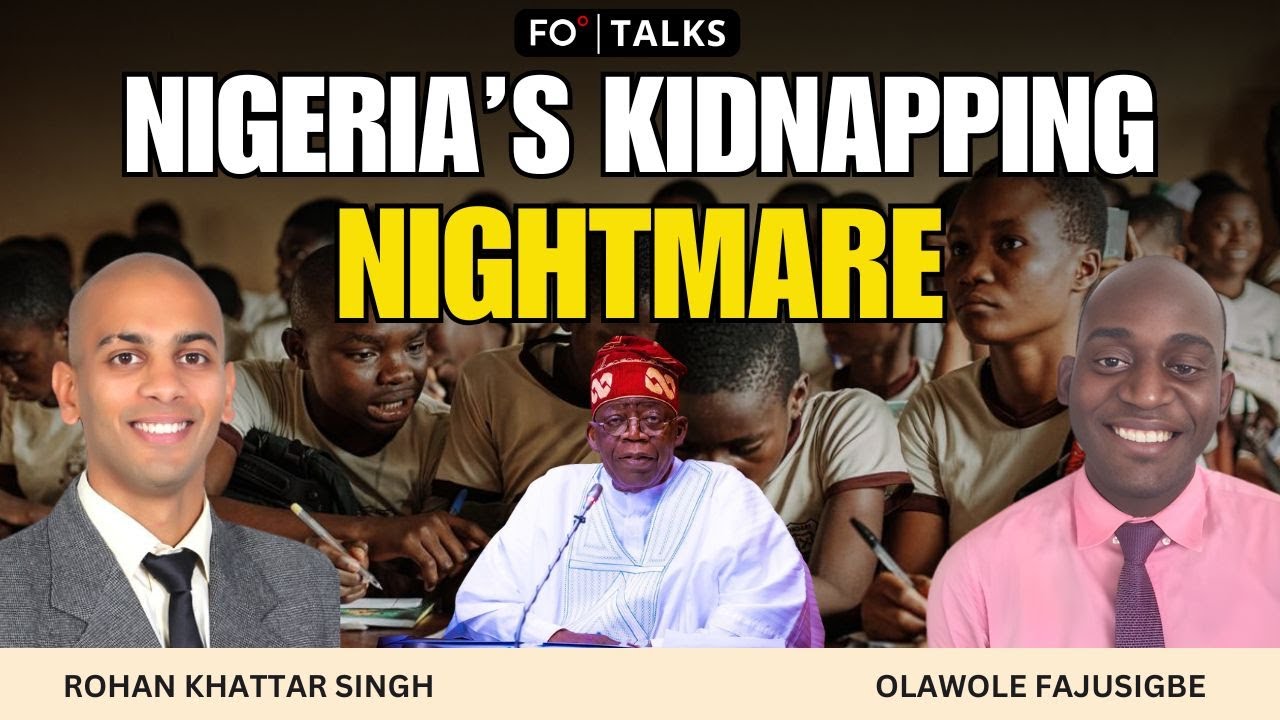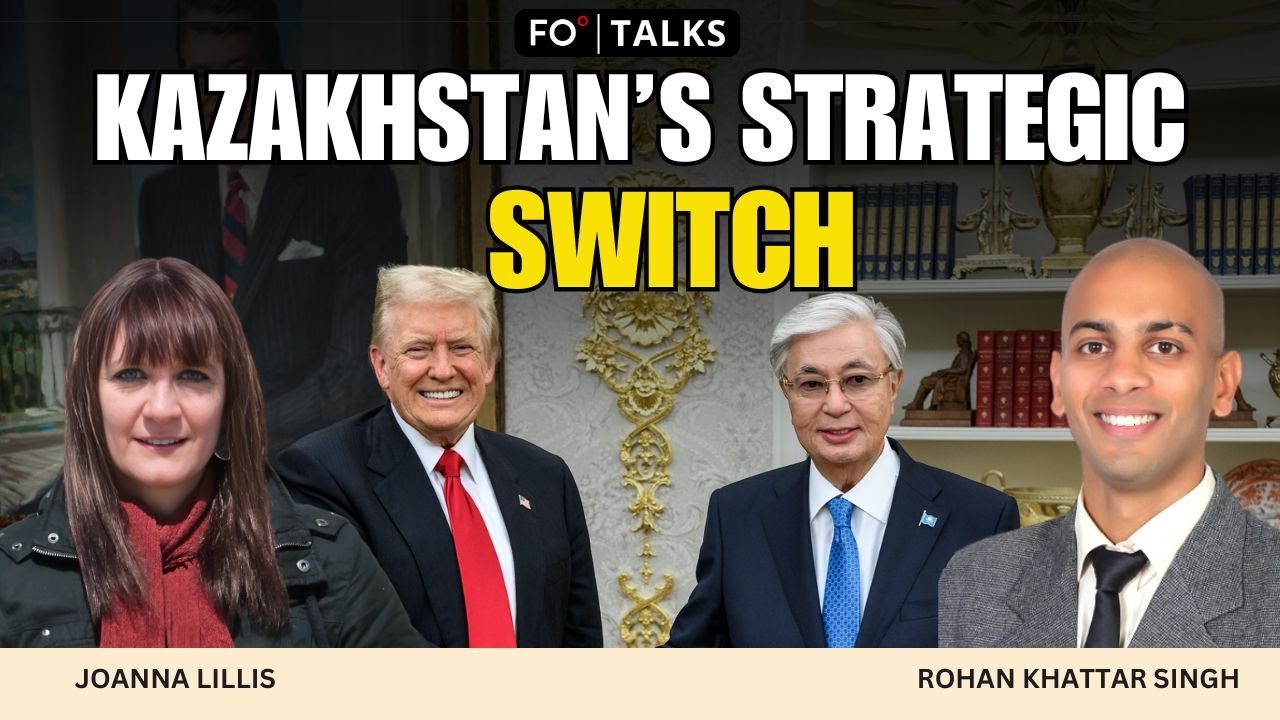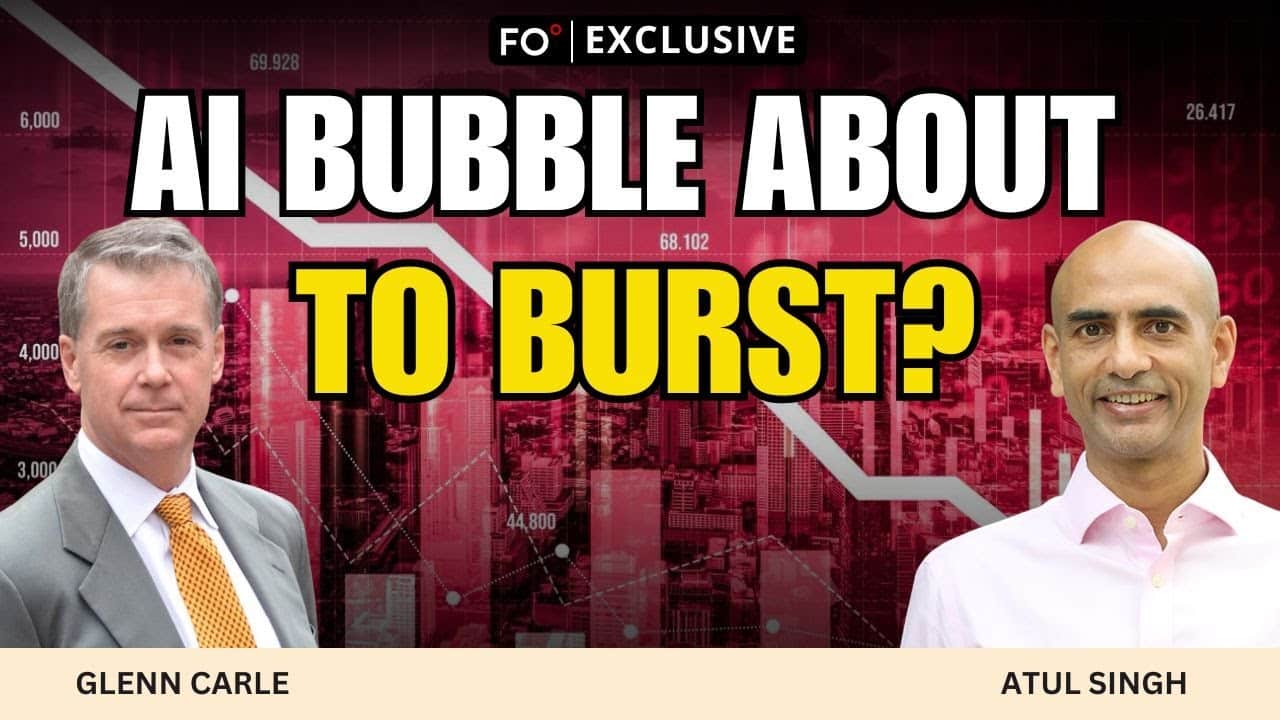Professor Luca Jourdan, a social and political anthropologist at the University of Bologna, discusses the ongoing war in the Democratic Republic of Congo (DRC). The war, centered in the eastern region near Rwanda, has persisted for nearly 30 years. The fighting began after the 1994 Rwandan Genocide, when over a million Hutu refugees fled into the DRC. The refugees included members of the Interahamwe militia, who reorganized in camps and launched attacks against Rwanda. Rwanda and Uganda supported rebel movements in the DRC, setting off the First and Second Congo Wars.
The conflict has fragmented over time. Armed groups form and shift alliances. The March 23 Movement (M23), one of the most powerful rebel groups, emerged in 2012 and re-emerged in 2021. M23 fighters seized Goma, a key city in North Kivu, in early 2024. The fighters are primarily Tutsi, and Rwanda is widely suspected of supporting them. The Rwandan government denies involvement. The Democratic Forces for the Liberation of Rwanda (FDLR), which descends from the Interahamwe, remains active and opposes the Rwandan government. Various Mai-Mai militias, self-defense groups with local ties, also participate in the fighting.
Economic and ethnic tensions
The Congolese army (FARDC) struggles with corruption, poor organization and divided loyalties. Many officers were former rebels integrated through peace agreements, which weakens military cohesion. The Rwandan government’s role in the conflict is a point of contention. Rwanda benefits economically from mineral exports, though the country itself has few mineral resources. Smugglers transport coltan, gold and diamonds from eastern DRC, fueling Rwanda’s economy. International trade agreements facilitate these operations. Uganda has also been accused of involvement, though its current role is unclear.
Eastern DRC holds vast mineral wealth. The region contains deposits of coltan, gold and diamonds. Rebel groups, military officers and foreign networks control and profit from mining operations. The European Union has trade agreements with Rwanda for mineral resources, raising questions about indirect economic support for illicit mining operations. Multinational corporations rely on minerals extracted from conflict zones, perpetuating demand.
Ethnic tensions drive violence. Groups identifying as indigenous Congolese clash with the Banyarwanda, people of Rwandan descent who have lived in the DRC for generations. Land disputes fuel conflict. Farmers compete for agricultural land, and miners fight over resource-rich territories. The arrival of Rwandan refugees in the 1990s intensified these existing struggles.
How will the conflict play out?
M23 fighters hold Goma. The Congolese government struggles to reclaim control. Reports of massacres circulate, but casualty numbers remain unclear. The United Nations’ MONUSCO peacekeeping mission, active since 1999, has failed to prevent further violence. Humanitarian organizations work in the region but face security challenges.
International reactions remain minimal. Rwanda has faced scrutiny, but no major sanctions have been imposed. European nations express concern but take little action. Governments focus on conflicts in Sudan, Ukraine and Gaza, leaving the DRC crisis in the background. Sanctions on Rwanda remain a possibility, but their effectiveness is uncertain.
The DRC has a history of resource-driven conflicts. Pre-colonial fighters clashed over ivory and slaves. Belgian rulers extracted rubber, leading to mass atrocities. Cold War leaders backed Mobutu Sese Seko to counter communist influence. Today’s war follows a familiar pattern. Local strongmen and external actors profit from instability.
The war in eastern DRC is unlikely to end soon. The Congolese government lacks the strength to counter rebel groups. Economic interests benefit from continued violence. The humanitarian crisis deepens. Millions live in displacement camps. Without major international pressure and structural reforms, the cycle of violence will persist.
The views expressed in this article/video are the author’s own and do not necessarily reflect Fair Observer’s editorial policy.










































Comment